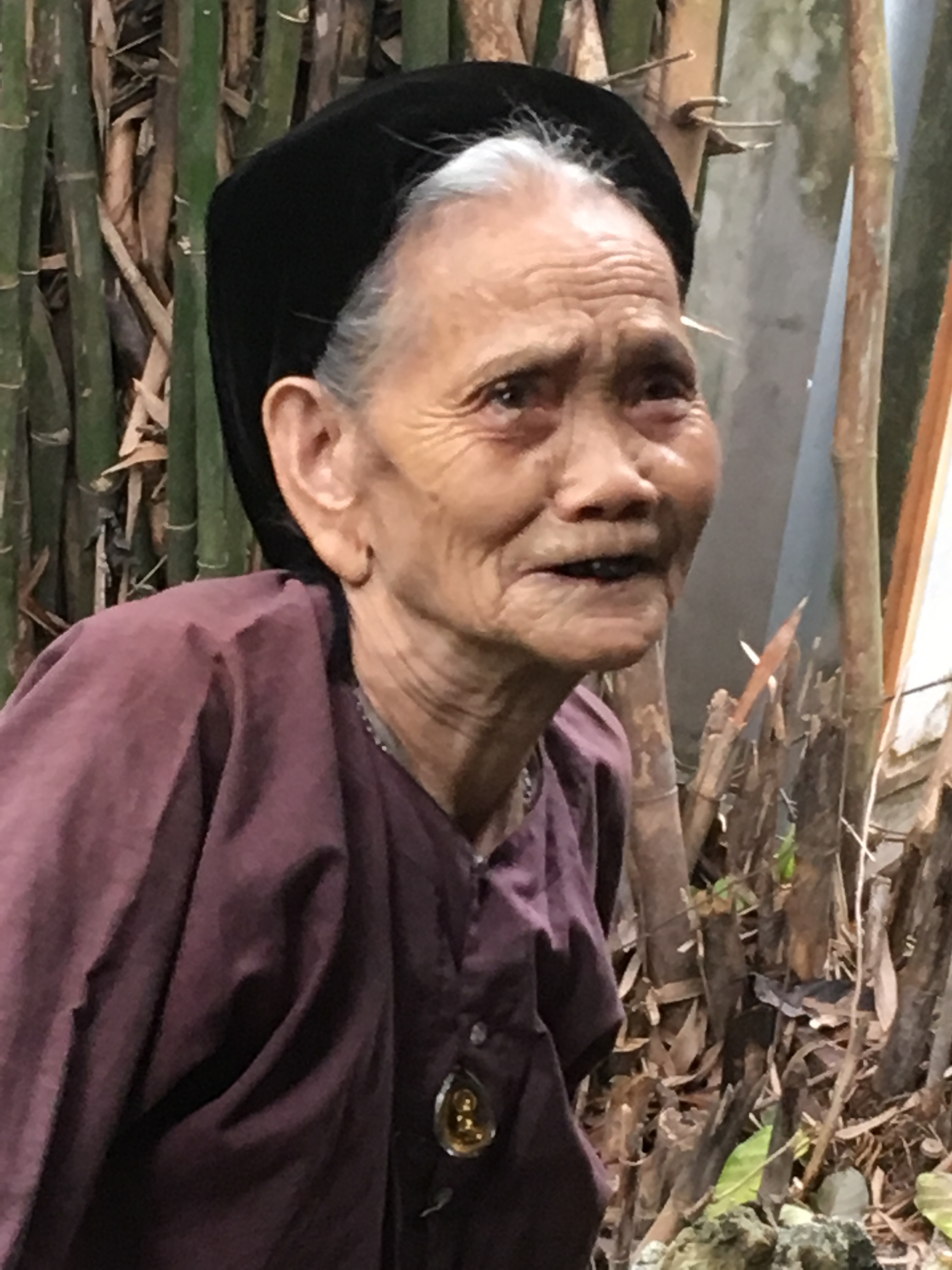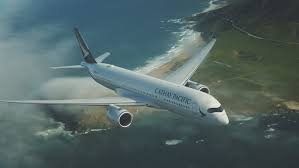Afghanistan is not Vietnam. There are similarities, but major differences.
Vietnam had a thousand-year-long history as a country, at various times invaded by China, Korea, and Japan. But the Vietnamese were always one people with historical traditions, rich cultural heritage, and a primarily common language.
Afghanistan is a remnant of British colonialism and first arose as a modern nation in the late 18th century. The country was used as a buffer between British India and the Russian Empire, with the Durand Line formed in 1893. This artificial border, not recognized by any Afghan government, was a source of conflict with Pakistan once that country achieved independence.
The most telling difference between Afghanistan and Vietnam is the motivation for us being there in the first place.
We started inserting military advisers into Vietnam in 1956 to assist the government installed by the allies after WWII to rule South Vietnam while North Vietnam—once again an artificial border set by outside forces at the 17th parallel—was supported and ruled by Communists.
Vietnam was a result of the cold war intended to stop the spread of communism. Our entry into Afghanistan was in response to a direct attack by forces harbored within the country. Herein lies one significant difference. One war resulted from the idea that communism would spread throughout Southeast Asia and continue to other areas. The other, from an unprovoked attack against the United States.
There is another similarity between the two wars—no clearly articulated goal. In Vietnam, as in Afghanistan, the enemy never won any major battle against US forces. The 1968 TET offensive in Vietnam—which many are using to compare the situation in Afghanistan—was a strategic disaster on the battlefield for the Viet Cong and the North Vietnamese Army. But it was a political victory in the media because of the outlandish predictions of the MAC-V (Military Assistance Command-Vietnam) about the military ability of the Viet Cong.
The most significant similarity lies in the on-field performance of the Afghan military and the similar performance of the South Vietnamese military once the bulk of American combat forces were withdrawn.
Absent American leadership and resources—primarily air support and logistics—both military forces collapsed. Within these organizations, many courageous soldiers, marines, and airmen fought for their country. Still, individual courage is no substitute for a sense of national identity worth defending. Command collapse always leads to battlefield failure, no matter the level of personal resiliency.
In the running up of troop levels in Viet Nam, President Johnson—who privately was reluctant to escalate the war—once said, “If Vietnamese boys aren’t willing to die for their country, why should I send American boys to die for them?” Tragic that Johnson didn’t have the courage of his convictions and refuse to escalate the war. Perhaps it would have set a more meaningful and utilitarian precedent.
The war in Afghanistan stopped being justified the moment after we achieved some level of success twenty years ago. Unfortunately, since then, Presidents Bush, Obama, and Trump failed to recognize the hopelessness of the situation.
Now it falls on Biden to make the hard choice. None of his options are good ones; getting American forces and civilians out of Afghanistan is the least worse. The images of American helicopters extracting personnel from the rooftops in Kabul are eerily similar to Saigon in 1975. Still, the geopolitical reality could not be more different.
Almost 3000 US service personnel died in the war in Afghanistan. We spent trillions of dollars trying to create a stable country. Our military dominance was never seriously challenged, but our political and nation-building track record over twenty years and four Presidential administrations is a disaster.
In Vietnam, we fought a war with an artificial line of demarcation called the DMZ behind which the enemy enjoyed full protection from American ground troops. In Afghanistan, while the US and Afghan forces controlled the major cities, the Taliban controlled the predominately rural rest of the country mostly immune from significant threats.
Neither situation is the way one wins a war, it is the way one maintains a stalemate. And, like in chess, when one resigns the other achieves a measure of victory without ever capturing the King.
A war without a clear measure of success is doomed to failure.
Unless Afghanistan once again poses a direct threat to the US, let those in Afghanistan fight for their own freedom. If we want to keep troops everywhere in the world that poses a potential threat to us, we’re going to need a much bigger military.
There is a reason Afghanistan is called the “Graveyard of Empires.”
********************************************************************************************
JEBWizard Publishing (www.jebwizardpublishing.com) is a hybrid publishing company focusing on new and emerging authors. We offer a full range of customized publishing services.
Everyone has a story to tell, let us help you share it with the world. We turn publishing dreams into a reality. For more information and manuscript submission guidelines contact us at info@jebwizardpublishing.com or 401-533-3988.







 We’ll spend the next 27 days touring four very unfamiliar cultures in some exotic landscapes of some countries with familiar names; Thailand, Laos, Cambodia, and Vietnam.
We’ll spend the next 27 days touring four very unfamiliar cultures in some exotic landscapes of some countries with familiar names; Thailand, Laos, Cambodia, and Vietnam.